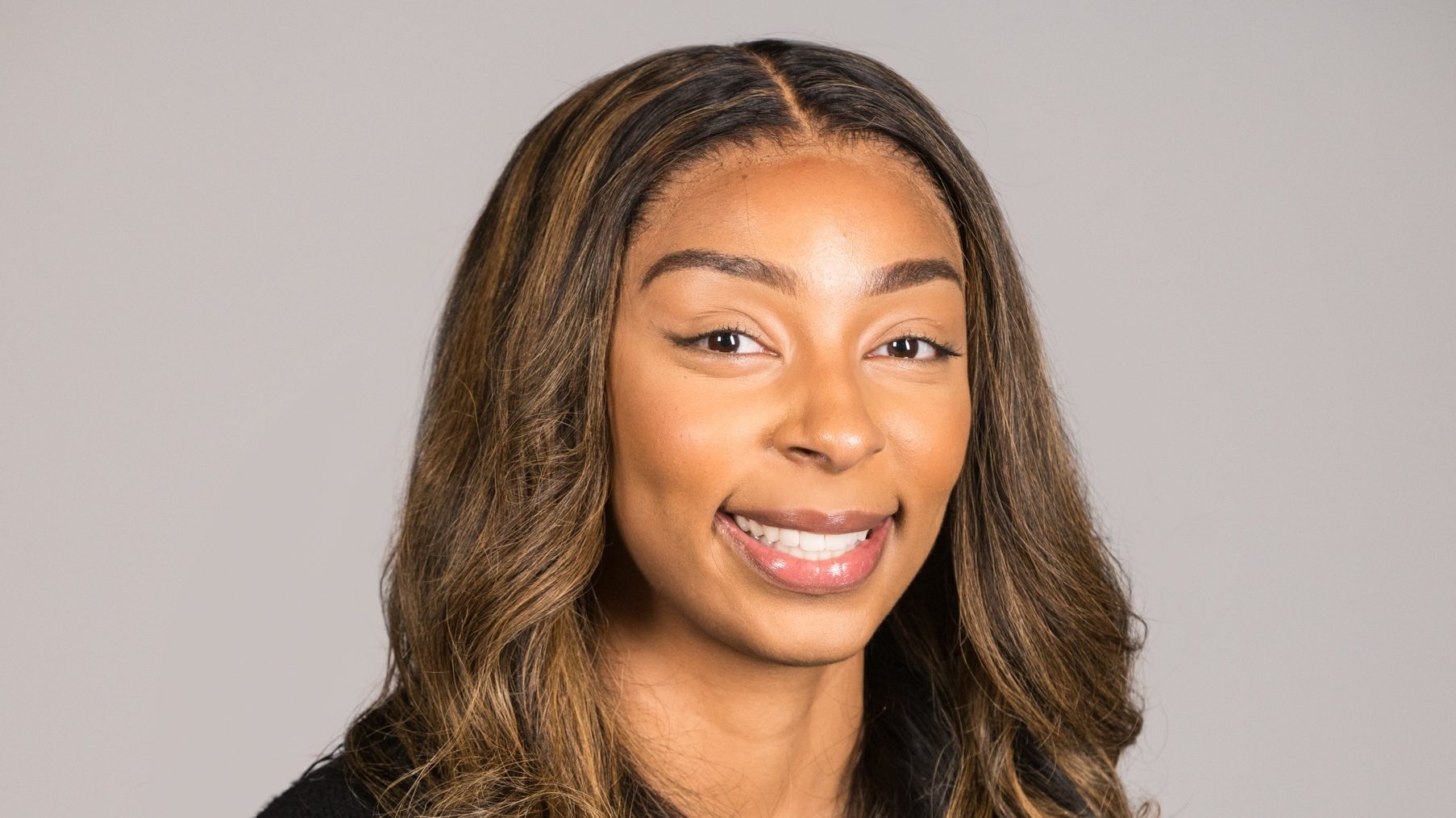
New Voices: Morinade Jayla Stevenson ’19
Sylvia Wynter’s Humanism: Black Women and the Human, or Woman Black
The Suzy Newhouse Center for the Humanities is proud to present its fourth annual New Voices Series, a set of four presentations featuring up-and-coming scholars in the humanities and humanistic social sciences. Our first session for Fall 2025, ”Sylvia Wynter’s Humanism: Black Women and the Human or, Woman Black” is presented by Dr. Morinade Jayla Stevenson ’19, Assistant Professor of Philosophy at Fairfield University.
Lunch will be provided. Kindly RSVP here.
Abstract:
This presentation examines the evolution of Sylvia Wynter’s thought from her early Marxist critiques to her later humanistic theories. Initially, Wynter's work including her novel The Hills of Hebron and the unpublished manuscript Black Metamorphosis, critiques Marxism for its inability to address the devalued labor of Afro-Caribbeans, a legacy of the plantation system and British imperialism. She introduces the concept of the “structural law of value,” which perpetuates Blackness as the inferior Other to whiteness, negating Black culture, language, and labor. This focus on economic and psycho-existential revolution is central to her early career. However, her later works, such as the essay 1492 and the interview Re-enchantment of Humanism, mark a theoretical shift towards humanism. Although Wynter will note the import of language as central to her notion of autopoiesis, I argue that its earliest formations in Black Metamorphosis reveal a more complex picture of the figure of the Human. Ultimately, Wynter is thinking not only of the emergence of Black Studies writ large, but the total ontological negotiation of blackness through language, aesthetics, culture, and the plantation. History, for Wynter, reveals the mythical nature of western forms of humanism. Lastly, I reckon with more recent figurations within black feminist thought that consider questions of gender as it pertains to black womanhood to argue that Wynter's early interventions calls us to question the oxymoronic nature of blackness and womanhood.